Cheque Bouncing Versus Insolvency– Whether proceedings under Section 138 and 141 of N.I. Act, 1881 can be initiated against Corporate Debtor during Moratorium period?
The institution or continuation of a proceeding of dishonour of cheque against company under the provisions of Negotiable Instruments Act, 1888 fall within the ambit of moratorium provision of the IBC.






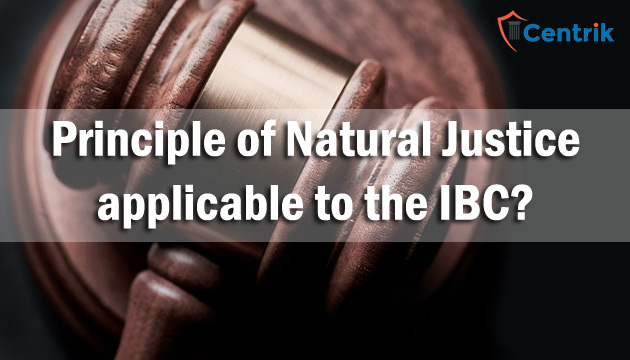
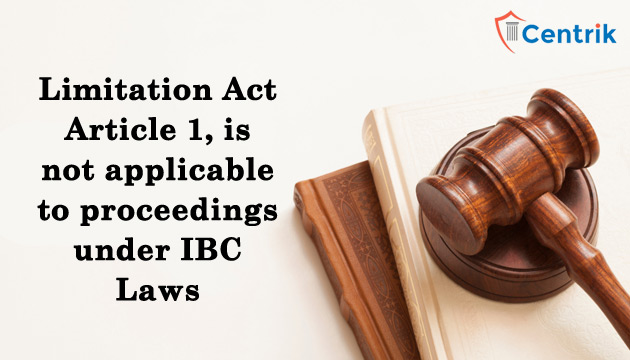

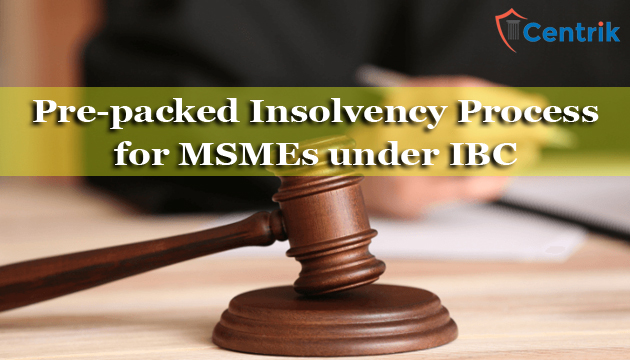
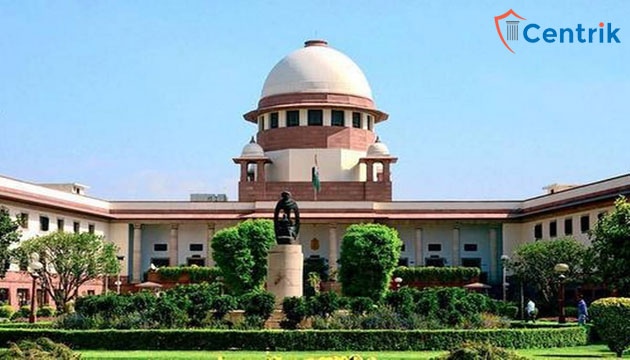
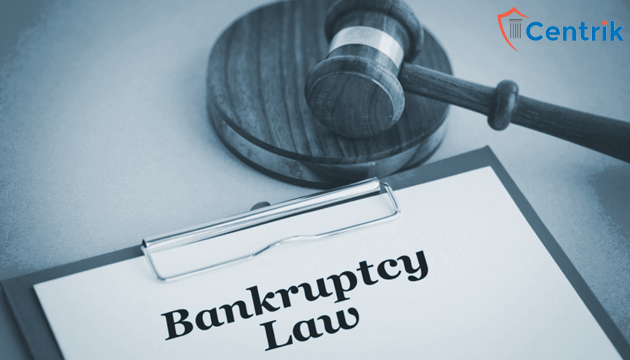
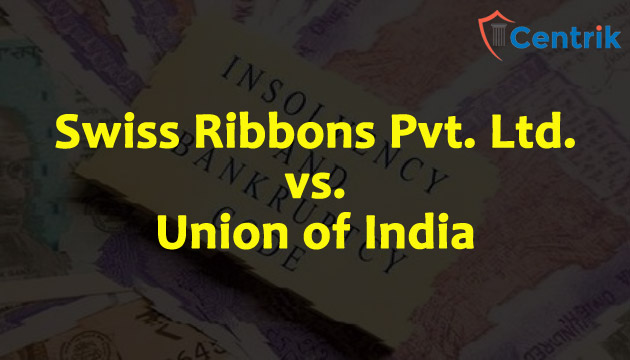


 join For Updates
join For Updates